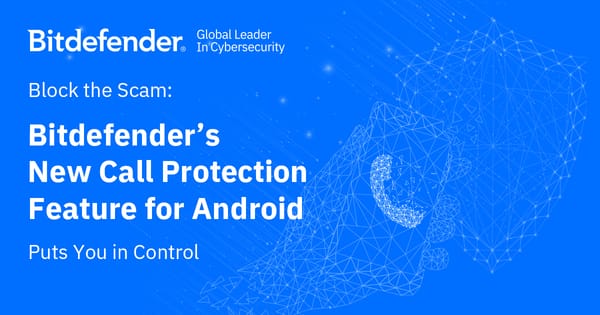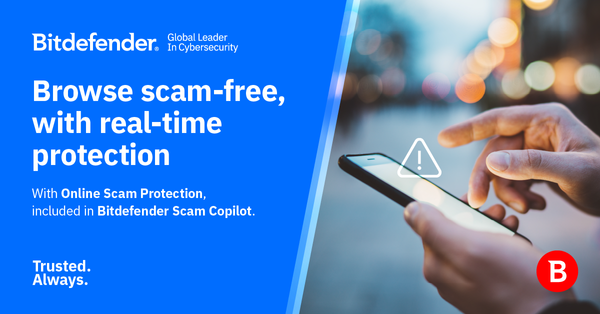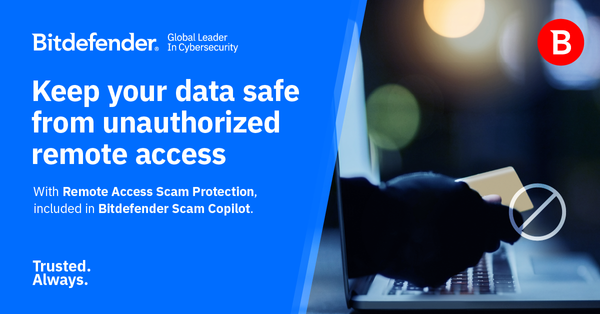VPN vs. Smart DNS: Which One’s Better at Protecting Your Privacy?

VPN and Smart DNS proxies are handy if you want to hide your digital identity from various online services. However, their functionality is wildly different, and one of them is considerably more effective than the other at safekeeping your privacy.
It’s no secret that VPNs are one of the most efficient ways to anonymize your online traffic, but they’re not the only privacy protection tool on the market.
Proxies, Tor and even the Incognito mode of some browsers can help you evade online profiling and prevent various entities from monitoring and logging your traffic.
However, few know of another type of service that can protect your privacy, called Smart DNS (also referred to as smart DNS, SmartDNS, or Smart DNS proxy).
Although Smart DNS proxies and VPNs seem to work in a similar way, several factors set them apart.
How does Smart DNS work?
A DNS (Domain Name System) works like a phonebook for Internet-enabled devices: it let you access websites and other online services by using domain names instead of IP addresses.
Most users rely on ISP-supplied DNS servers. While this is not inherently wrong, your ISP (or network administrator) can easily prevent you from accessing certain websites by blacklisting their domains. The good news is that you can circumvent this by changing your ISP-issued DNS server.
Changing your DNS is perfectly legal, reversible and, unless your ISP has some hardwired limitations, it’s also a great way to circumvent geoblocking (geo-restrictions).
A smart DNS consists of DNS and proxy technologies to spoof your actual geographical location. The way this service works is quite simple:
- The DNS segment replaces your ISP-assigned DNS address with the address of a dedicated Smart DNS server (proxy)
- Your traffic is routed through the smart DNS proxy server you chose (preferably one in an unrestricted location)
- The proxy component of the service pings the geo-restricted website or service you’re trying to access
- The geo-restricted service will detect your traffic as coming from an unrestricted location
- You get access to the blocked service
At this point, a smart DNS service looks like a regular proxy, which is technically accurate to some degree. However, unlike a proxy server, smart DNS doesn’t hide your IP address. Instead, it strips your connection data from all elements that might give away your real location by changing your ISP-assigned DNS.
How does VPN work?
A trusted VPN like Bitdefender VPN protects your privacy thoroughly by covering the entire set of tracks you leave online whenever you connect to various services.
Unlike smart DNS services, VPNs mostly have no built-in DNS-changing features. However, connecting to a secure, private server should be enough to circumvent geo-restrictions.
Furthermore, a VPN replaces your IP address with the address of the server you connected to, so online services detect all requests as coming from the VPN server instead of your device.
In addition to changing your IP address and routing network traffic from your entire system through its tunnel, a VPN also encrypts your traffic, preventing threat actors from monitoring your connection.
Last but not least, some VPNs go the extra mile and provide you with additional privacy-protection tools, such as ad-blocker and anti-tracker modules.
Pros and Cons of Smart DNS
Although smart DNS services can’t offer you the same level of privacy protection that a VPN can, they still have some strong points. Namely:
- It’s faster than a VPN due to the lack of encryption
- Can be configured on devices that don’t support VPN clients
- Circumvents firewalls and geo-restrictions effectively
However, as you’d expect, some factors might make you want to pick a VPN instead of a smart DNS, especially if you’re concerned about your privacy:
- Doesn’t cloak your IP address
- No traffic encryption, which leaves you vulnerable to snoopers and deep packet inspections
- Manual setup, which can confuse non-tech-savvy users
- Doesn’t work against ISP’s transparent DNS proxy
Pros and Cons of VPN
If you’re concerned about your privacy, turning to a VPN is clearly the safer choice for these reasons:
- Hides your IP from various entities, including your ISP and online services you want to access
- Encrypts your traffic so it can’t be monitored
- Can circumvent firewalls and geo-restrictions
- Extra security features (ad blocker, anti-tracker, kill switch, split tunneling)
- Intuitive setup
On the other hand, several factors would attract some users to a smart DNS instead of a VPN, especially if privacy is not their primary concern:
- Some devices may not support VPN clients
- A VPN can slow down the connection due to traffic encryption
- VPN subscription plans are usually more expensive than Smart DNS ones
VPN vs. Smart DNS
It’s easy to see how smart DNS proxies and VPNs differ. Although they can both keep you anonymous to some degree, a VPN focuses more on protecting your privacy, while the smart DNS is better at circumventing geo-restrictions.
The bottom line is that, if you don’t care much about protecting your privacy, then a smart DNS might be what you’re looking for; it’s fast, doesn’t encrypt traffic, and can bypass geo-restrictions.
However, if safekeeping your privacy matters more to you, a trustworthy VPN such as Bitdefender VPN is far more suitable; it hides your online identity, encrypts traffic, circumvents geoblocking, and can prevent online tracking.
tags
Author

Vlad's love for technology and writing created rich soil for his interest in cybersecurity to sprout into a full-on passion. Before becoming a Security Analyst, he covered tech and security topics.
View all postsRight now Top posts
Fake Download of Mission: Impossible – The Final Reckoning Movie Deploys Lumma Stealer
May 23, 2025
Scammers Sell Access to Steam Accounts with All the Latest Games – It's a Trap!
May 16, 2025
How to Protect Your WhatsApp from Hackers and Scammers – 8 Key Settings and Best Practices
April 03, 2025
FOLLOW US ON SOCIAL MEDIA
You might also like
Bookmarks









